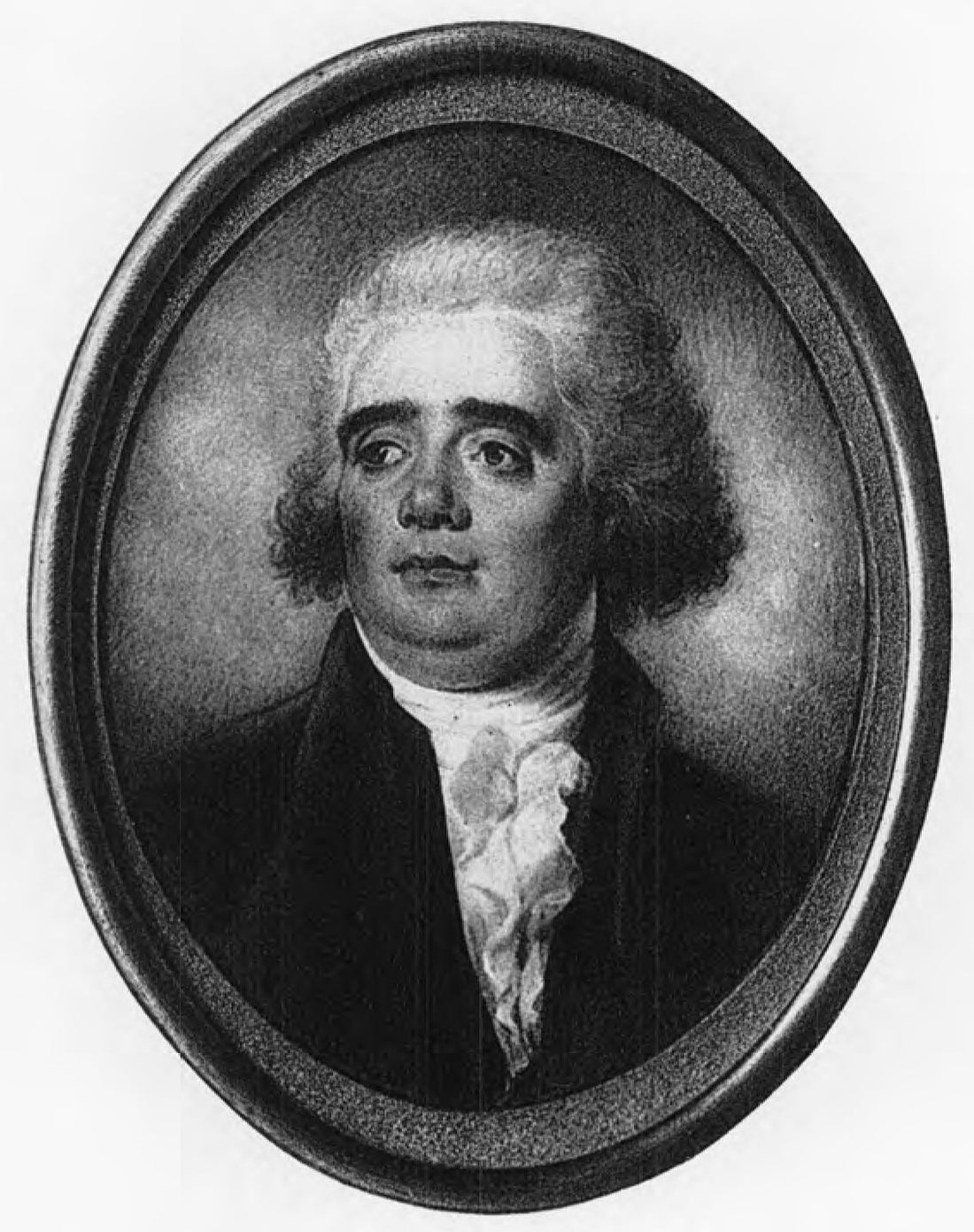
Thomas Russell, Revolution Merchant & Banker, Confederation & United States Bank, Boston
Thomas Russell, 1740-1796
Thomas Russell was a prominent Boston merchant during the American Revolution and was active in the establishment and leadership of both the Bank of North America (1781) and the First United States Bank, (1790). He also served as President of the Boston Branch of the first United States Bank. Russell, much like Nicholas Low, came from a family with split loyalties.
President of the Society for Propagating the Gospel among the Indians and others in North America
President of the Humane Society of the Commonwealth of Massachusetts
President of the Agricultural Society
President of the Society for the Advice of Immigrants<br /><span>President of the Boston Chamber of Commerce
President of the National Bank in Boston
Additional Reading:
Continental Army Surgeon & Harvard Medical School Founder Dr. John Warren's eulogy on passing of Thomas Russell, 1796:
"An eulogy on the Honourable Thomas Russell, Esq: late president of the Society for Propagating the Gospel among the Indians and Others, in North America; the Humane Society of the Commonwealth of Massachusetts ; the Agricultural Society; the Society for the Advice of Immigrants; the Boston Chamber of Commerce; and the National Bank in Boston ; who died at Boston, April 8, 1796; delivered, May 4, 1796, before the several societies to which he belonged"
https://collections.nlm.nih.gov/catalog/nlm:nlmuid-2576032R-bk
Bank of the United States (1791-1811): Boston Branch (Boston, Mass.) records, 1792-1794
https://colonialnorthamerica.library.harvard.edu/spotlight/cna/catalog?f%5Bsubjects_ssim%5D%5B%5D=Russell%2C+Thomas&per_page=10
https://founders.archives.gov/documents/Washington/05-18-02-0353
https://quod.lib.umich.edu/e/evans/N10121.0001.001/1:6?rgn=div1;view=fulltext
https://www.masshist.org/publications/adams-papers/index.php/view/ADMS-04-05-02-0127
